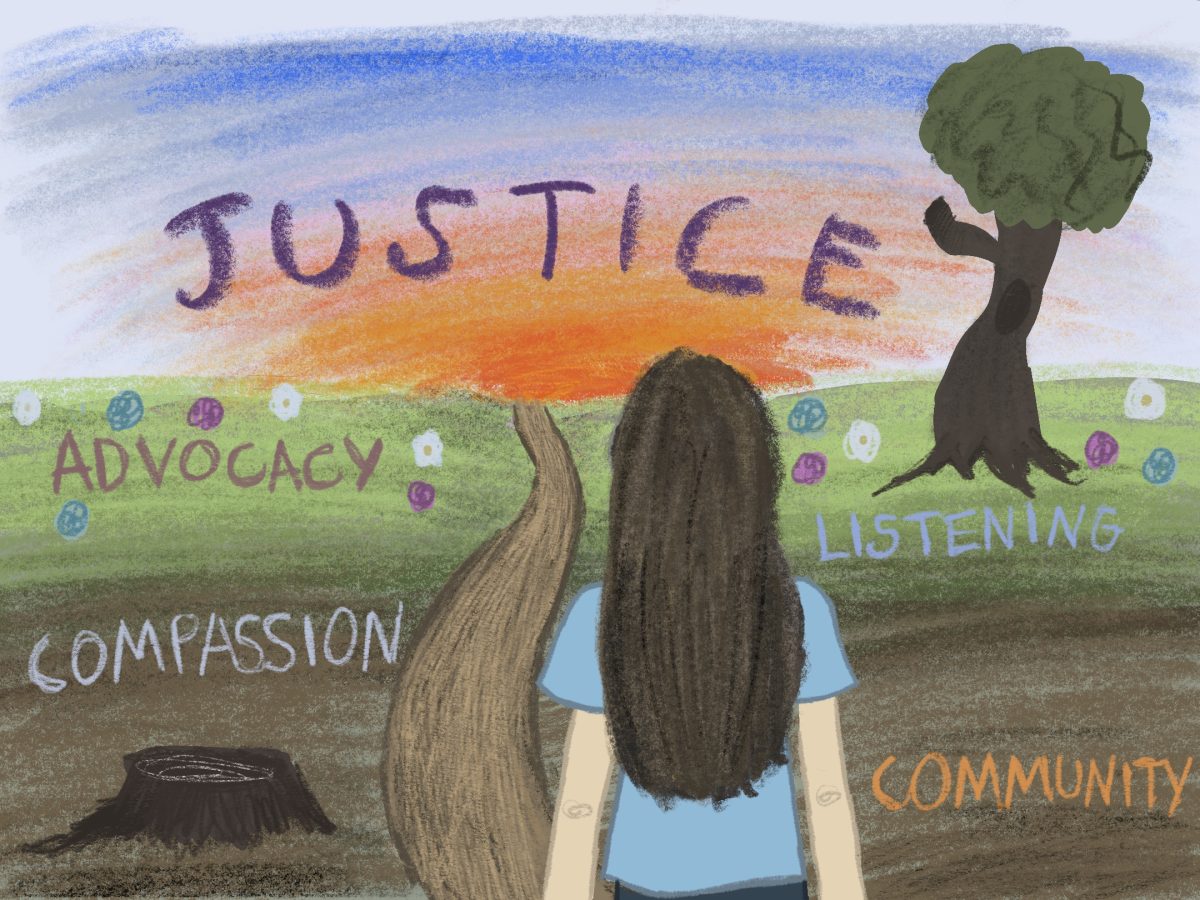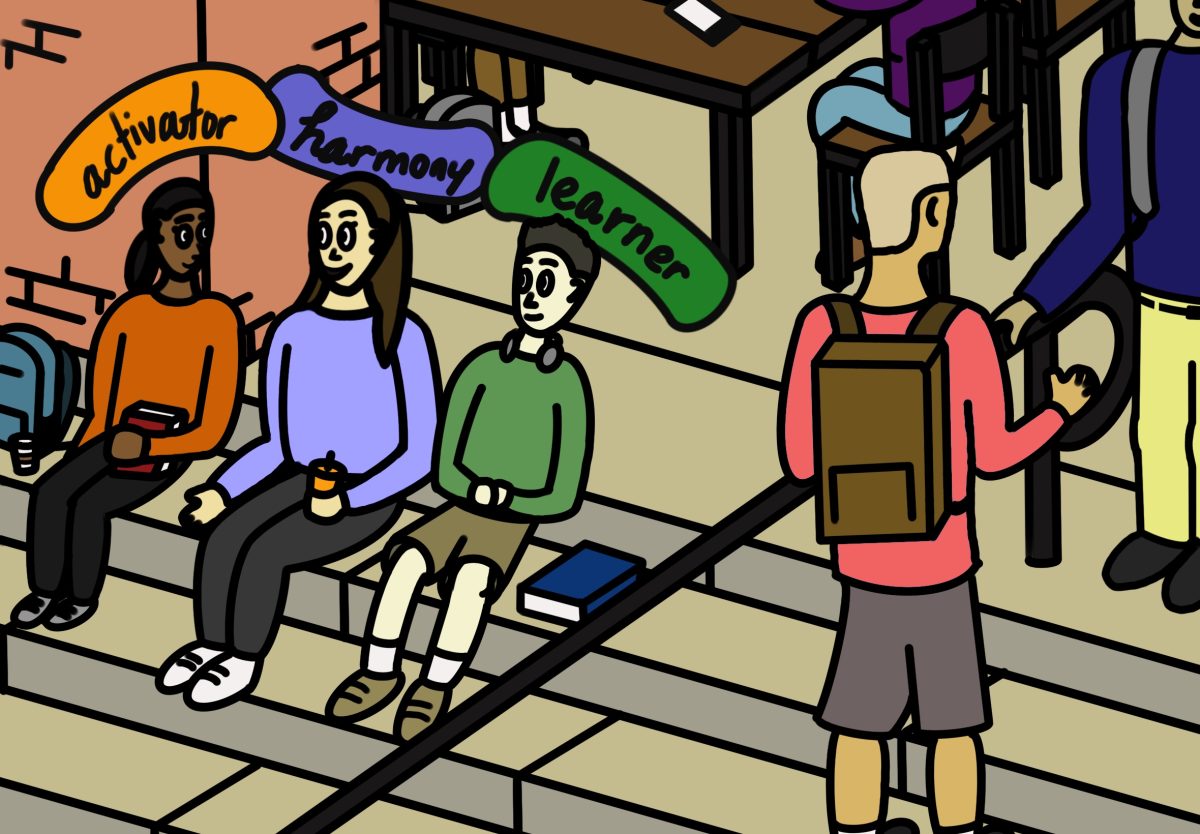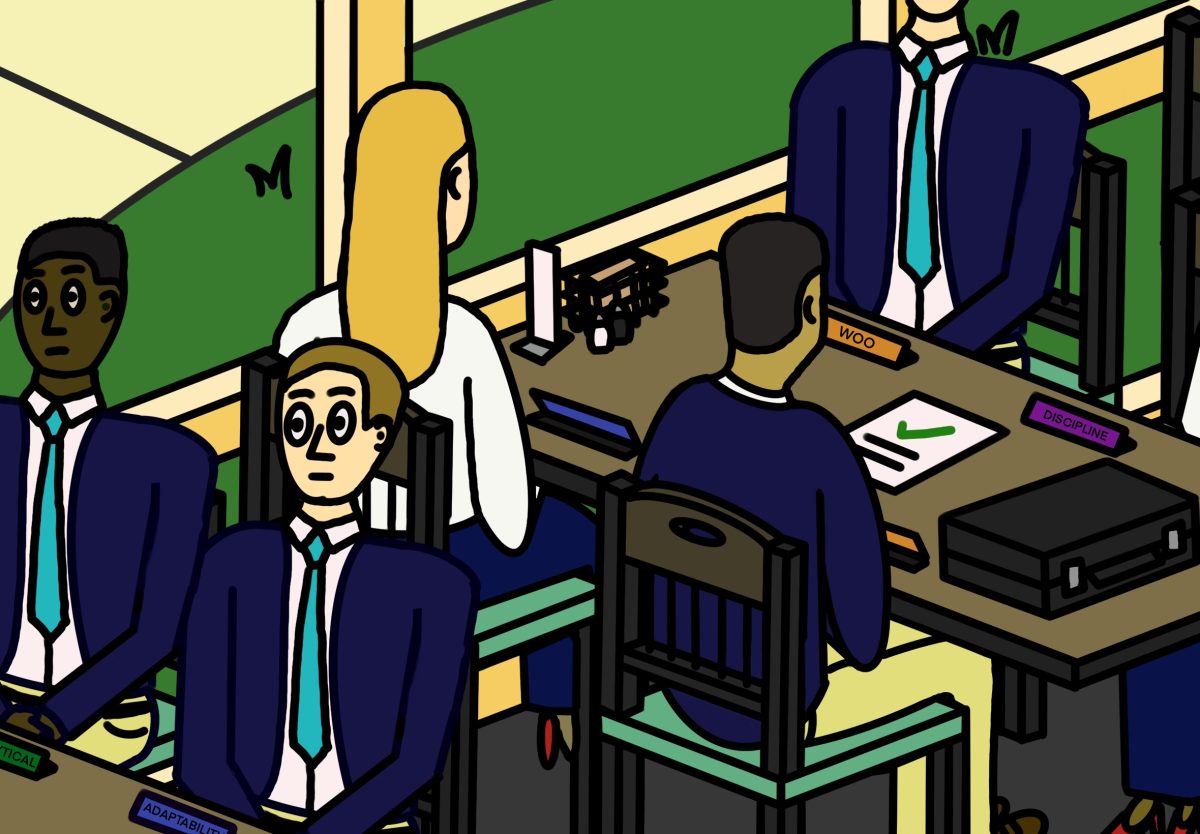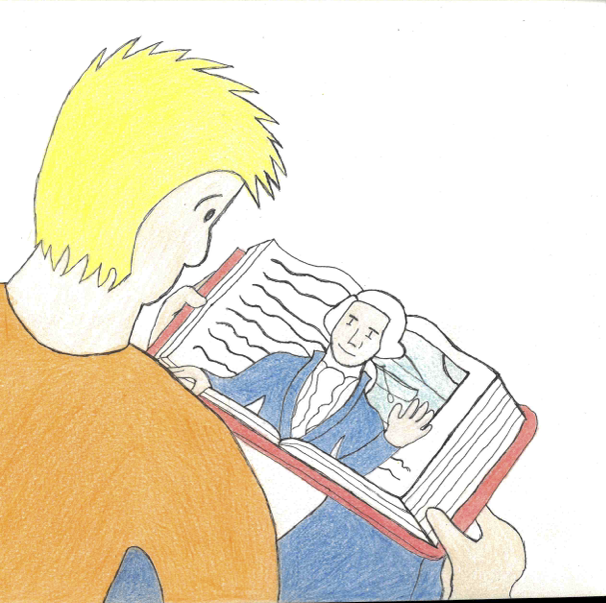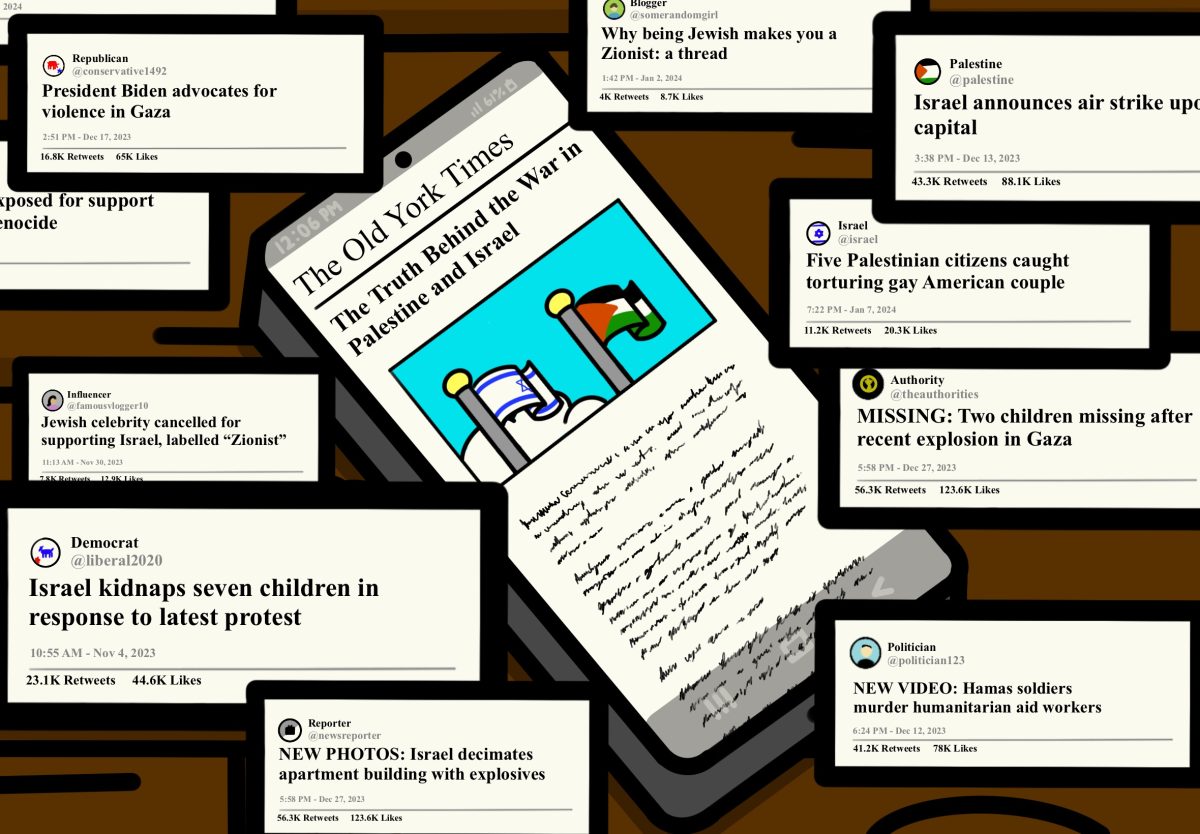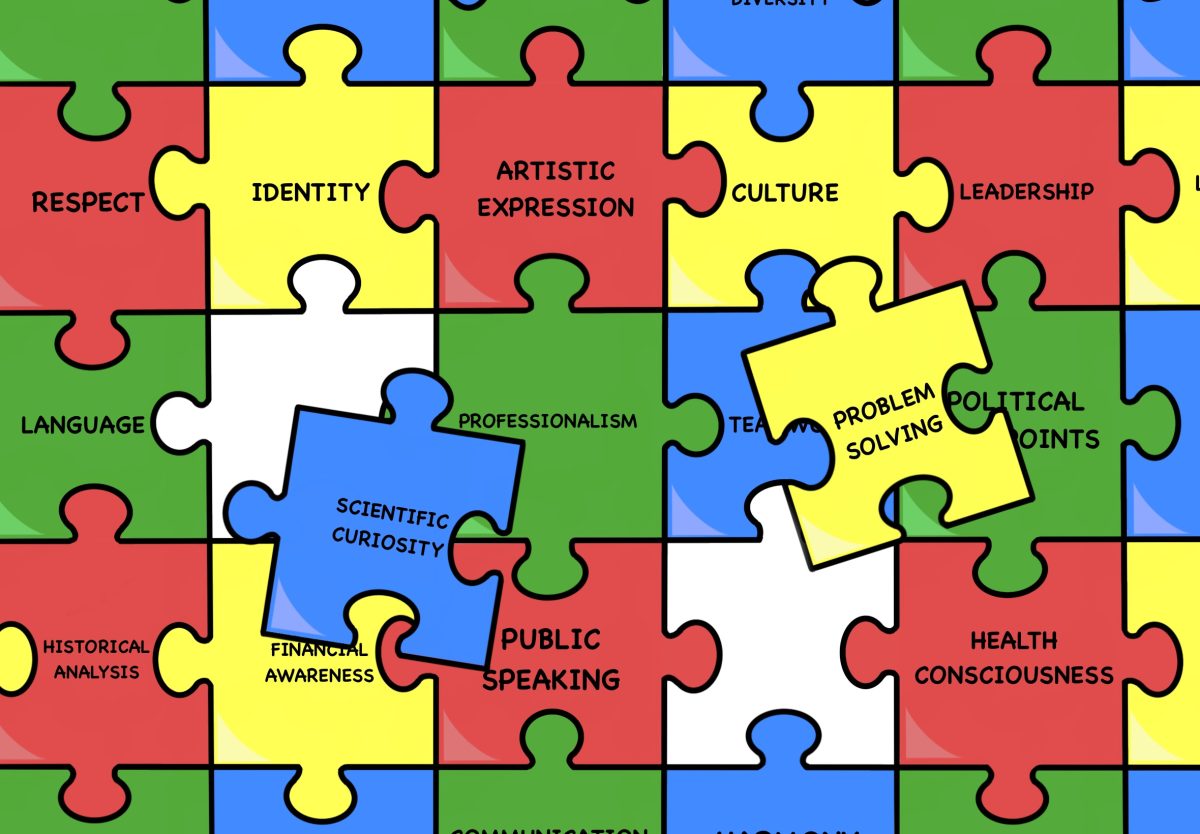
Applying to Furman is difficult enough when your parents do not know what the FAFSA is. Staying is even harder. As a first generation college student, an undergraduate whose parents never enrolled in post-secondary education, I know this to be true.
Both college attendance and graduation rates of first-generation students are substantially lower than students who are not. However, nearly one third of today’s undergraduate students are first-generation. Colleges need to implement specific advising programs or groups to help support these students and their families.
Nobody in my family went to get a degree, but they still held steady jobs and lived comfortably. My teachers always assumed I would go to college, as I participated in summer reading programs, Duke TIP, and honors or AP classes, but when it was finally time to apply, my parents could not understand why I did not want to just get a job or go to a technical school. They certainly did not have the experience to explain the future path I would be taking.
I met with my high school guidance counselor nearly every week the whole semester before applications were due, frantically asking questions or adding something else to my to-do list. Unfortunately, guidance counselors cannot directly answer pertinent life questions like, “What should I major in?”
Nearly 30 percent of incoming college undergraduate students are first-generation. Yale, UC Berkley, M.I.T., and Clemson all have resources available for first generation college students interested in applying to their universities. Furman does not.
These resources include videos or comments from first-generation college students attending the university, as well as advice for filling out applications, a timeline of important dates, and contact information for those who could answer any questions the prospective students might have.
These schools target first-generation college students as a separate group because they often have the need for more simplified explanations or more specific solutions, more than what can be found on their general admissions websites. They also are usually (like myself) primarily independent in their decision making when it comes to college. Clemson even offers a resident and engaged learning program specifically for first-generation college students, to place those students in a community with freshmen of similar backgrounds.
When I got to Furman, I moved in ready to engage in college, but my experience was different from most other students here, as they knew what to expect and how to handle things from parental or sibling advice.
What to do when you get food poisoning or when you make your first “D” on an assignment are the types of things college students are typically unprepared for. The majority of Furman students have at least one parent (or even an extended family member) with a college education. The types of questions that came to my mind were “What is a sorority?” or “How do I even begin to buy books?” More complicated ones included “How do I sign up for courses?” and “How do I get financial aid in order to continue attending?”
I would like to extend a big thanks to Furman for assigning me an academic advisor, Susan D’Amato, Ph.D. who has been incredibly helpful for these four years. She was able to help me sign up for courses and handle any timely paperwork, as well as give me advice for pursing research or internships and financial aid. However, some parts of the college experience are better explained by another student.
I wish Furman would have identified me as a first-generation college student, someone who needed their help. Simply put, being with a community of students who could not understand where my questions were coming from certainly did not facilitate an easy freshman experience. It is not easy to “fit in” when most of the people you meet are touring various countries over their first Fall Break and you have never even left the southeastern United States.
To all the first-generation college students out there, if I can do it, you can. Find your support system and be ready to explain everything (with patience and frustration) to your younger family members or even your parents. Over my four years, I managed to figure things out and persist at a prestigious private university like Furman.
That does not mean, however, that the troubles of my largely unaided first-generation college experience are over. If anything, they are compounding and I need Furman’s help now more than ever. I am leaving asking the same (and more) questions as when I started the college process and I am still filling out the FAFSA by myself each year. Meanwhile, my parents are still asking the same questions like, “Why do you want to go to graduate school, aren’t you done with this school mess yet?”



























